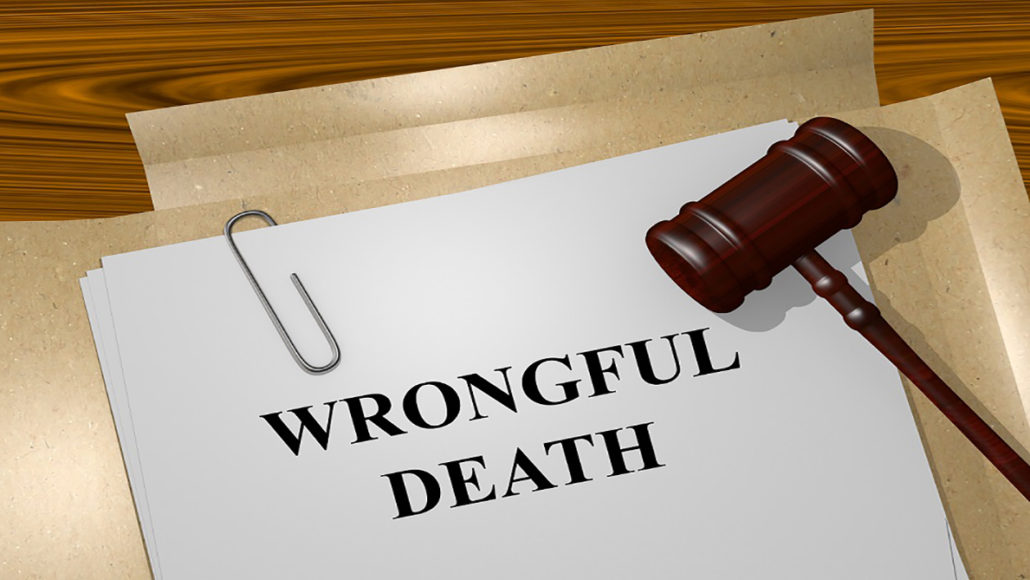When someone’s death is caused by negligence or intentional harm by another entity or person, the victim’s survivors may file a suit against those that are liable. A wrongful death lawsuit aims to get compensation for the loss of the survivors like funeral expenses or lost income of the deceased.

However, a wrongful death claim may seem complex to the ordinary layperson. To help you better understand wrongful death lawsuits, here are some basic things that you need to know about them.
When can you File a Wrongful Death Lawsuit?
When a victim is killed, instead of just sustaining personal injuries because of negligence or intentional harmful act by the defendant, then a wrongful death lawsuit is applicable. There are three possible instances when this might happen. First is when a victim is killed intentionally, like a murder case, for example. The second instance is when the victim dies from a car accident injury. The third instance when you can file a wrongful death lawsuit is when the death is a result of medical malpractice, such as a physician’s misdiagnosis or gross negligence.
Who can File a Wrongful Death Lawsuit?
This lawsuit can be filed by a representative of the victim’s survivors who may suffer damage from his or her death. They are called the “real parties in interest”. Though this may vary depending on the state, these people include:
- Immediate family members like parents, legal spouses and children
- Financial dependents and life partner (in some states)
- Distant relatives like siblings and grandparents (in some states)
- People who are suffering financially from the death of the victim even if they are not related by marriage or by blood (in some states)
Who can be Sued for a Wrongful Death?
A wrongful death lawsuit may be filed against persons, government agencies, companies or employees who have caused the death either intentionally or through negligence. However, in some states, certain agencies or persons may have immunity from this type of lawsuit.
What are the Damages of a Wrongful Death Lawsuit?
Generally, the damages that are available to real parties in interest in a wrongful death claim are the following:
Economic. Basically, this includes the financial contributions by the victim if he or she were alive, such as funeral and medical expenses, loss of victim’s income, loss of medical coverage or pension plan and loss of inheritance.
Non-economic. Non-economic damages are less tangible but have more value than the previous type. They may include loss of care, guidance, training and protection from the victim; loss of love and companionship; loss of consortium; and damages for the survivors’ pain and suffering.
Punitive damage. These are given to penalize the defendant for bad behavior. However, this type of damage is only available in some states.
When filing a wrongful death claim, remember to check your state law regarding this kind of lawsuit. Better yet, seek the advice of a legal service provider in your area.
Written by Kellie Bertels, an attorney at Bandre, Hunt and Snider in Jefferson City, MO. Bandre, Hunt and Snider are the best attorneys Jefferson City MO have to offer.